
24.05.2021
Curator Anuradha Vikram and writer Sarah Schulman complicate the moral logic that conditions situations of conflict to give us hints about what it means to collectively transform our reality beyond the abuse of power.
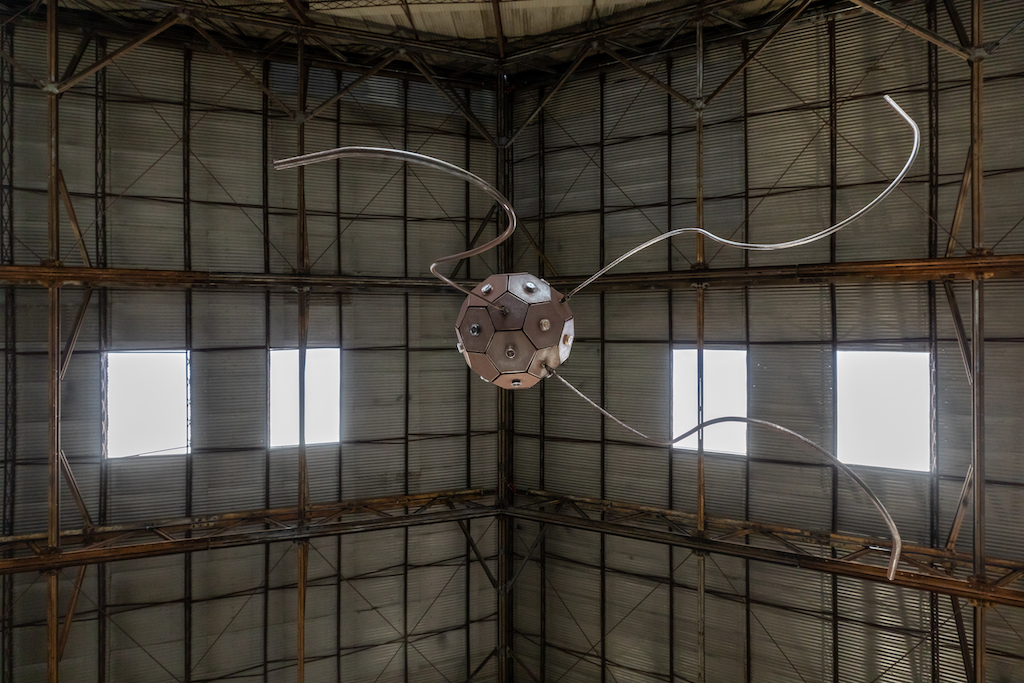
ANURADHA VIKRAM (AV): I wanted to ask you about Conflict is Not Abuse first. We have such a conflicted culture; we already did when you wrote the book, and I feel like it’s only gotten worse. I read the book shortly before the pandemic, at a time when I was separating from an institution that I felt needed to decolonize, to rethink its relationship to power and wealth in relation to the needs and concerns of its artists, its audiences, and its staff. Your writing helped me to accept that I could let go of responsibility for the situation and other people’s behavior. Do you think that we should choose to forgive our hurt in situations involving conflict when we feel that we’re the wronged party? Do you think that we need to be forgiving people who are agitating to overthrow the government, or who aren’t wearing masks, or who are behaving in ways that are putting others at risk?
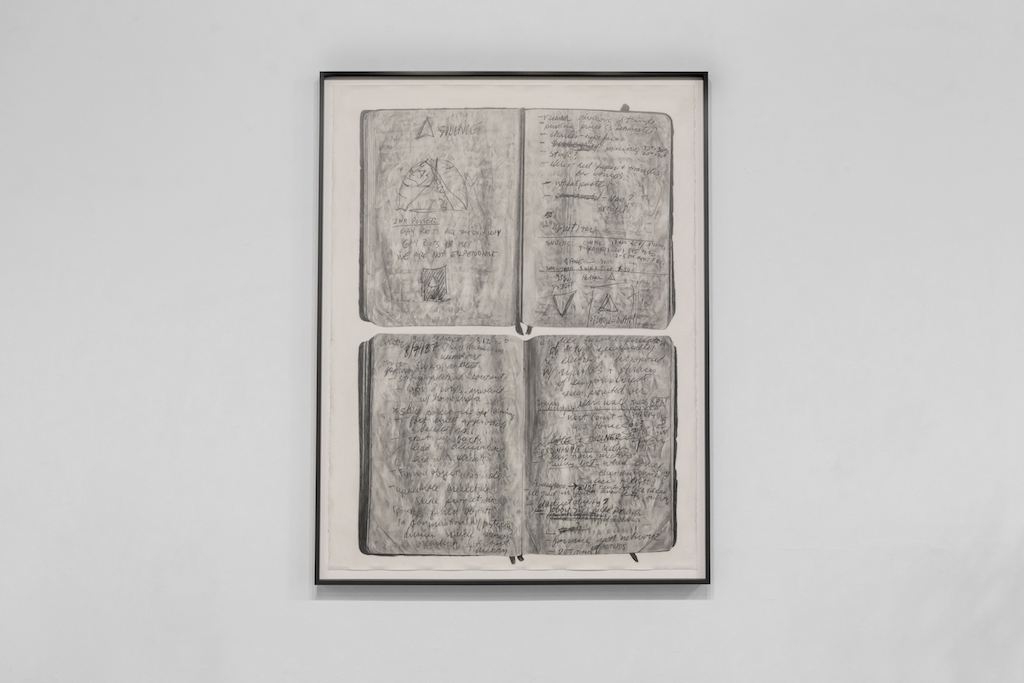
SS: Well, I didn’t say that. That’s abuse, this is about conflict. The definition that I use comes from a social worker named Catherine Hodes who says that abuse is power over. And conflict is power struggle. In a situation of abuse, let’s say systemic racism, no matter what the racialized person does, it won’t impact whether racism comes to them or not because they do not create racism. It is created by a power larger than they are: it’s abuse, it’s power over. Conflict as a power struggle, in which each party participates in some way in its escalation, doesn’t mean that the participation is equal, nor that the consequences are equal, but that you can make decisions that can make it worse or better. That’s a conflict. So, you know, white supremacists with guns smashing into the Capitol is abuse, it’s power over. That’s not a conflict.
Perpetrators have now seized the language of victimization to hide their behavior.
SS: I really think that the solution lies in community. Right now, we have a bad definition of loyalty and friendship. In the USA, we understand these in relation to “patriotism,” around the idea of hurting people with whom the people you identify with are in conflict. I can tell you that as a Jewish US-American, I’m supposed to support the Israeli government because my relatives live there. And I’m supposed to endorse the occupation of Palestine, which is a gross injustice because the people I supposedly like are doing that. This happens in the intimate realm as well: your friend breaks up with her boyfriend so then you’re supposed to be mean to that boyfriend forever.
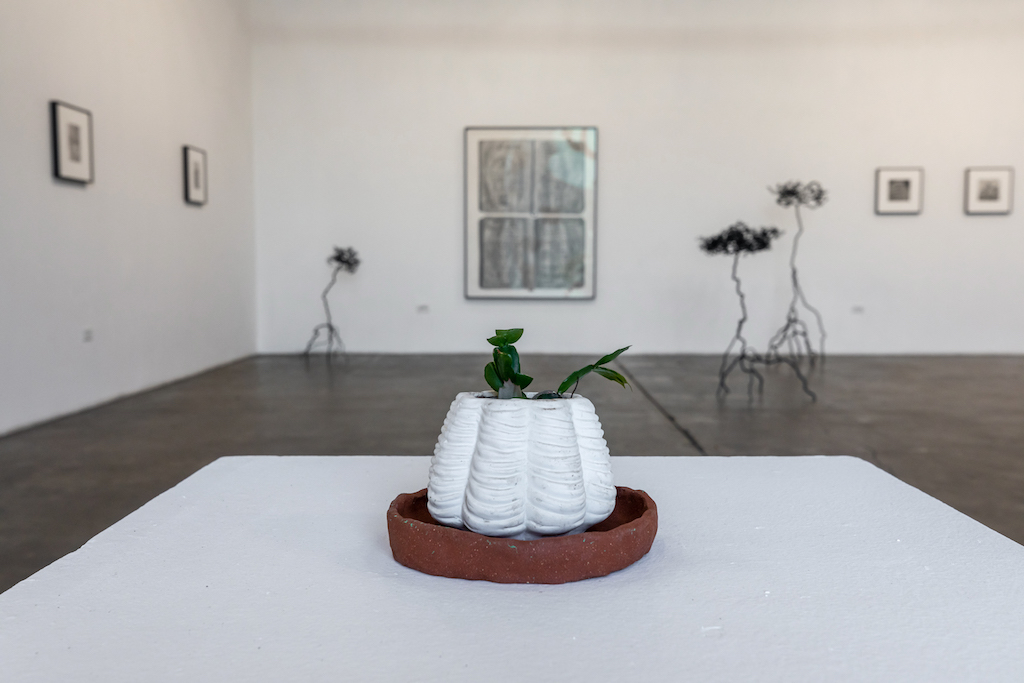
People are always telling us to hurt other people. People are always asking, “Why are you working with him?” “Why did you invite him to the party?” We’re supposed to shun everybody. That’s a false definition of loyalty, in fact, it’s very destructive, it’s a negative bond. True loyalty and true friendship are about helping people look at their own participation in a supportive way. The reason this doesn’t happen now is that the bar is so high. You have to be a completely clean and totally pure victim for anyone to give you compassion. If you perform self-criticism and you say, “I did do this unfair thing,” then everyone goes, “Then fuck you, you deserve what you got.” But if we could get support, no matter who we are … In other words, if everyone who asked for help got it? We all deserve compassion. You shouldn’t have to be clean to be eligible for compassion.
I think the solution is that the people who surround us, whether it’s our families, cliques, religious communities, racial groups, nations, whatever our identification groups are, take the responsibility to help us and support us in being self-critical and in negotiating.
AV: As individuals in a community, I hear you saying that we can create the restorative structures that enable reconciliation, which might include making amends such as reparations. I want to move now to Gentrification of the Mind, a book in which you talk about the invention of the creative professions in the late twentieth century and their impact on US-American cities as well as on our individual sense of possibilities as artists and thinkers. My own book, Decolonizing Culture, which came out in 2017, was also informed by these concerns. The west side of Los Angeles where I worked and taught for much of the past several years has been transformed by these trends. For example, the 2021 Otis Annual Report on the Creative Economy¹ was recently released. It indicates that because of the pandemic, the creative economy has totally bottomed out. It’s devastating, obviously, for creative professionals including artists. What is the potential in this collapse? Is it possible that a collapse like this could recreate a space for the community-based artist? To quote from your book, “Who responds to people in their aesthetic complexities, instead of power institutions?” Do you see that happening around you?
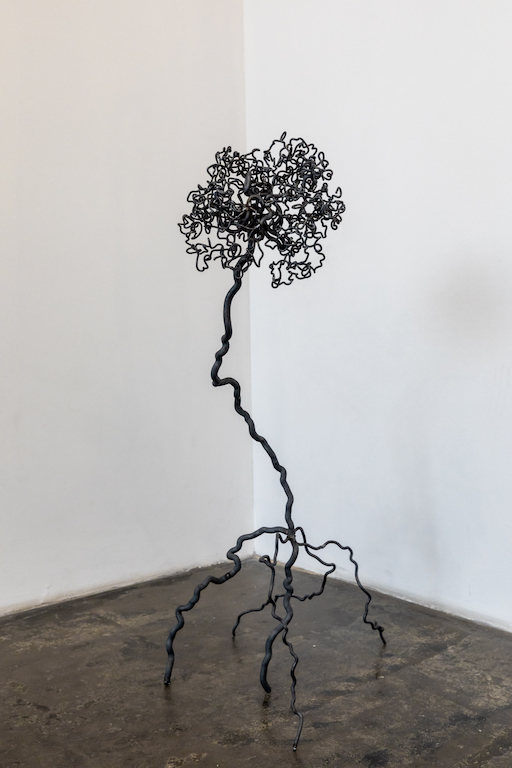
SS: I agree with you that this is an incredibly opportune moment. It has a lot to do with real estate. There’s a lot of empty real estate right now where I live; one-third of all storefronts are empty. We also have a lot of empty office space because now a lot of people are working from home. Commercial real estate landlords were seizing that stock before the pandemic; important centers of the city were empty in terms of real estate. If someone with a vision came in and provided the opportunity for the communities—and I mean the very local communities, like the block—to rent that storefront for $100 a month for, let’s say, three to five months, you would have all kinds of pop-ups that would be generated out of the needs of the neighborhood, whether it would be for free food or places for people to take showers—galleries, schools, music, any businesses that were organic to the community. It would give the city a chance to have an incredible Renaissance. Keeping those spaces empty doesn’t help anybody.
Unfortunately, here in New York, this great opportunity is being ignored by the mayoral political race. Somebody has to have the vision and articulate the policies that would allow it to happen. It’s important to remember that in the seventies—and I talked about this in my book—there was federal funding for community-based organizations. Reagan took all that away. There used to be community health centers and storefront lawyers and all that kind of stuff.
AV: The next question is about fiction writing. I’m inspired by the fact that you move between fiction and nonfiction. One of the things I’ve been doing during quarantine is trying to develop my own fiction writing. What developments in fiction are exciting to you right now?
What I’m extremely concerned about, however, is that at this point, there’s a lot of discourse about transgression being attached to very mainstream work—work that is highly professionalized, that is produced by people who went to these elite institutions, that has some formal play, but that’s not anything unfamiliar if you’ve read experimental novels. This writing is being touted as this incredibly groundbreaking, threatening, bold work, when it’s not. That’s concerning because it obscures huge histories, because the thing about fiction, like any other art form, is that only a few people are remembered. There are thousands of writers writing interesting things, but the capitalist machine takes on a few people to get them to the market and places the spotlight on them to control what’s new or innovative. All these histories get silenced, and that’s concerning me.
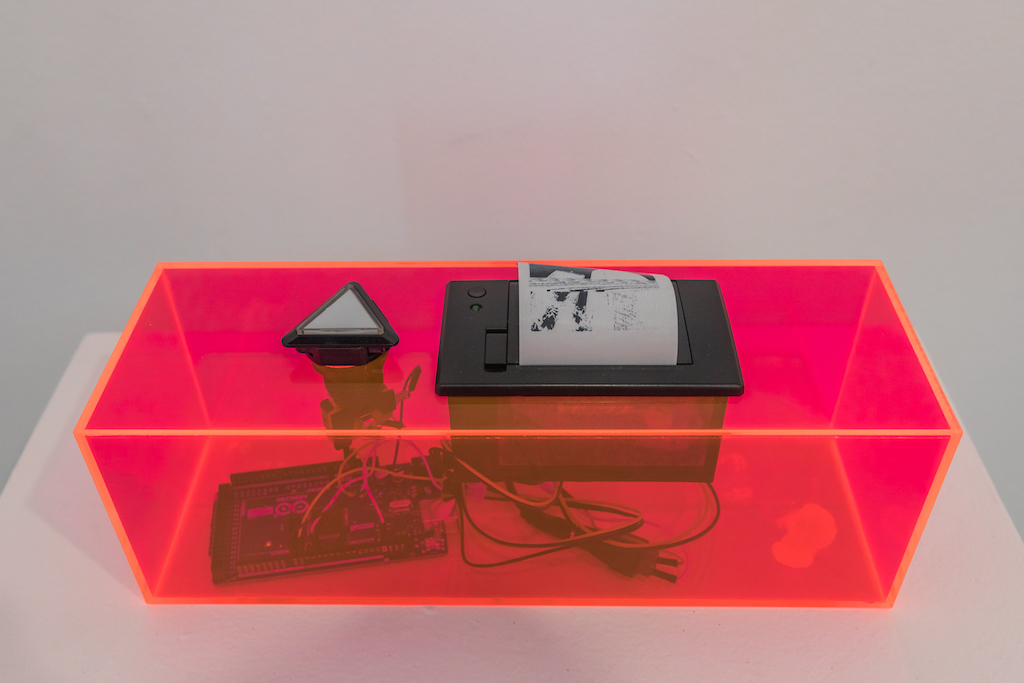
But we’re in an extremely punitive and moralistic time, and so things are quite narrow.
SS: I have this huge book coming out in May, Let the Record Show: A Political History of ACT UP New York, 1987-1993. It’s 750 pages, so it was a lot of work. Bringing it into the world is going to be a big effort.
AV: I’m excited to learn more about the history of AIDS activism through your book. We need to recapture the oppositional energy of that time to make the changes that we want to see in our society today.
Comments
There are no coments available.